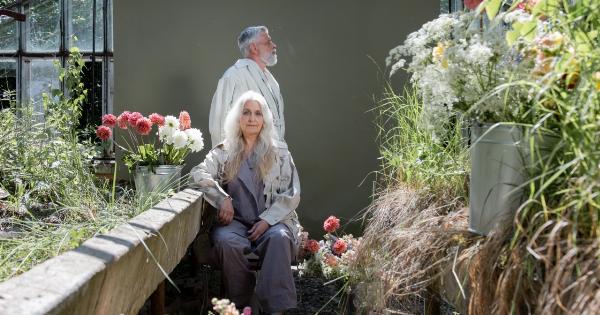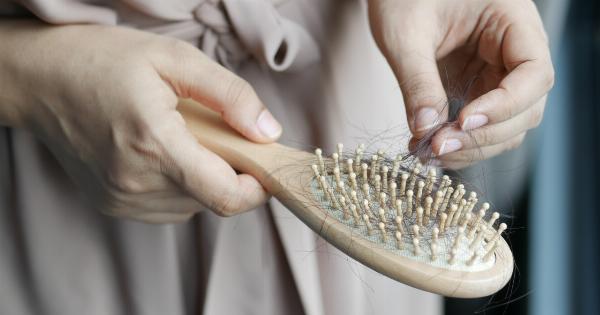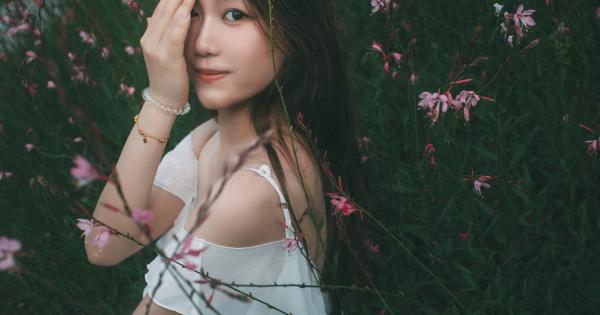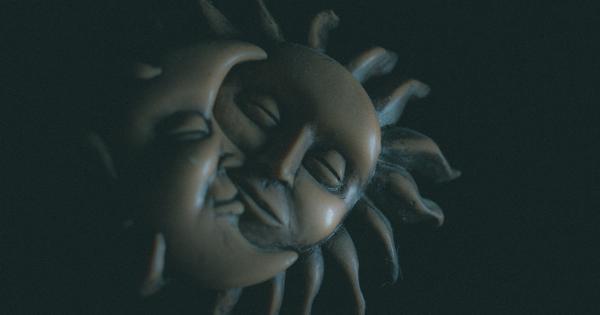Turning forty is often seen as a significant milestone, marking a phase in life associated with wisdom, self-reflection, and embracing new beginnings.
However, there is an undeniable societal pressure for individuals, especially women, to cut their hair once they cross this age threshold. While there is no universal rule that dictates a specific hairstyle after turning forty, various factors contribute to this phenomenon.
Celebrating personal style and self-expression
Self-expression through personal style is something that allows individuals to feel confident and distinguished in their own skin. However, as people grow older, they may feel compelled to conform to certain beauty standards set by society.
Cutting one’s hair shorter after forty is often seen as “age-appropriate” and more acceptable, perpetuating the notion that long hair is exclusively for the young.
It is crucial to acknowledge that personal style and self-expression have no age limits. Everyone should feel free to express themselves through their hair in a way that aligns with their personality, regardless of their age.
Beauty standards and societal expectations
The media and beauty industry play a significant role in perpetuating certain beauty standards that may contribute to the pressure of cutting hair after forty.
Advertisements, magazines, and social media often depict women with short, chic hairstyles as the embodiment of sophistication and maturity.
These images and narratives create a notion that longer hair is associated with youth, while shorter hair is believed to signify a more mature and put-together appearance.
As a result, many individuals may succumb to societal expectations and choose to cut their hair to fit this image of aging gracefully.
Myths surrounding long hair after forty
Several prevalent myths add fuel to the idea that long hair is not suitable for individuals above the age of forty. Let’s debunk some of these myths and challenge the notion that cutting hair is an inevitable requirement:.
1. Long hair is difficult to maintain as you age
While it is true that long hair requires attention and care, it doesn’t become fundamentally difficult to maintain simply because of age.
With proper care, including regular trims, conditioning, and styling techniques, long hair can remain healthy and vibrant at any age.
2. Short hair is more sophisticated and professional
Short hair is often associated with a more “polished” or professional appearance. However, sophistication and professionalism can be achieved with various long hairstyles as well.
It ultimately depends on the individual’s grooming habits, overall style, and how they carry themselves.
3. Long hair makes you look older
This is a common misconception that stems from the belief that long hair is exclusive to youth. The truth is, age has little to do with the length of one’s hair.
A well-maintained and styled long mane can exude elegance and timeless beauty at any age.
4. Cutting hair is a requirement for “age-appropriate” style
The concept of an “age-appropriate” style is subjective and varies across cultures and individuals. There is no universal standard that dictates how a person should look or style their hair after forty.
Embracing personal style and expressing oneself authentically should always take precedence over conforming to societal expectations.
The freedom of self-expression
At the end of the day, it is crucial to celebrate the freedom of self-expression and personal style regardless of age.
Hair is a powerful form of self-expression, and everyone should have the liberty to wear their hair in a way that makes them feel confident and beautiful.
It’s time to challenge the societal pressure that dictates how we should look or style our hair after turning forty.
Embracing change, experimenting with different hairstyles, and redefining beauty standards can lead to increased self-confidence and empowerment.
So, whether you prefer to rock a chic pixie cut, embrace elegant long locks, or anything in between, remember that it’s your choice, and you have the right to express yourself authentically at any age.





























